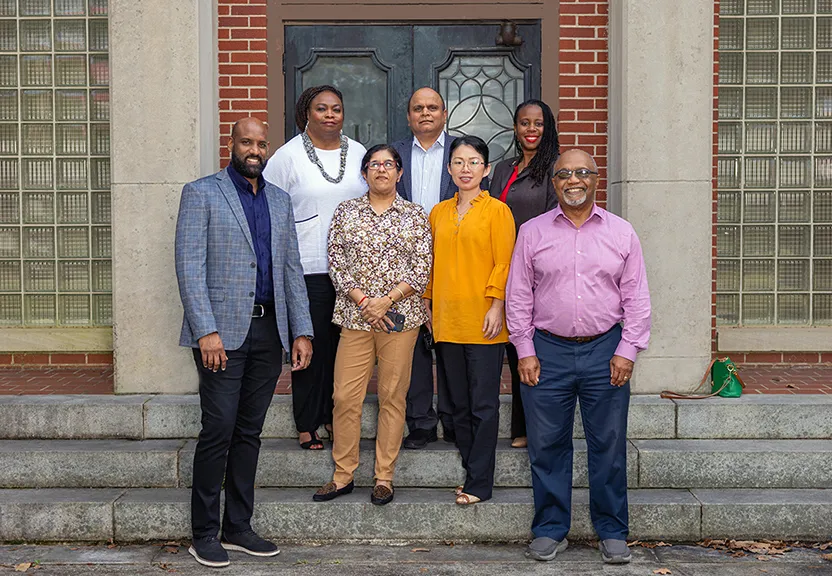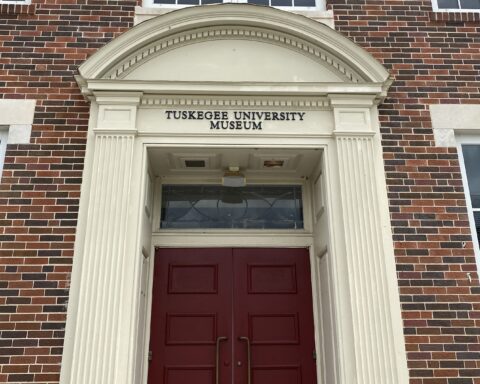Courtesy of Tuskegee University
Tuskegee University has announced the establishment of the Carver Genomic Research Center following the award of the first phase of an $11 million grant from the National Health Genome Research Institute. This innovative initiative aims to tackle health disparities in the Black Belt South by investigating genetic factors that contribute to diseases, including cancer, within minority populations.
Leading the Project
Dr. Deepa Bedi, the project’s principal investigator, emphasized this development’s historical significance. “The establishment of the Carver Genomic Research Center at Tuskegee University marks a transformative moment in scientific history, paving the way for a future where representation in genomic research is more inclusive and equitable,” she stated. The center is designed to amplify underrepresented voices in genomic research while offering new opportunities for minority students and researchers.
How Funding Will Work
The funding for the initiative is structured in two phases. The first phase includes an allocation of $821,733 for two years, focusing on planning and development. Upon completing this initial phase, the center could receive an additional $10 million over five years. Key leaders overseeing various initiatives include Drs. Balu Karanam, Honghe Wang, Chastity Bradford, Vivian Carter, and Stephen Sodeke will guide efforts in workforce development, community outreach, and ethics.
Goals of the Carver Genomic Research Center
Dr. Bedi underscored the center’s commitment to fostering a new generation of leaders in genomic science. “By fostering a new generation of leaders in genomic science, this center will address long-standing disparities in research and healthcare outcomes, ensuring that genomic discoveries benefit all communities, particularly when looking at clinical trials for research,” says Bedi.
“The brilliance found at Tuskegee is once again on display through this research initiative,” said Dr. Mark A. Brown, president and CEO. “Our students are going to be exposed to research that will forever change how genetic research and education is conducted, particularly around minority communities. This continues our legacy as groundbreakers in shifting health disparities and ensuring inclusivity for all of us.”
The Carver Genomic Research Center will also focus on enhancing public understanding of genomics’ role in disease prevention and treatment. Dr. Bedi noted that the center’s primary objective is to bridge gaps in health disparities as healthcare evolves, emphasizing the integration of genomics-driven research within a framework of inclusivity.
Dr. Tim Turner is the associate vice president of research. He described the initiative as a historic moment for Tuskegee University, asserting the importance of establishing this center within a Historically Black College or University, “What makes this effort even more significant is its placement within an HBCU, a historically underrepresented space in genomic research,” Turner said. “This center not only advances genomic education and research for minorities but also empowers HBCUs to become key players in a rapidly growing field. By providing cutting-edge training and research opportunities, we aim to foster the next generation of minority scientists and healthcare leaders who can address the unique genomic health challenges faced by underrepresented communities.”





